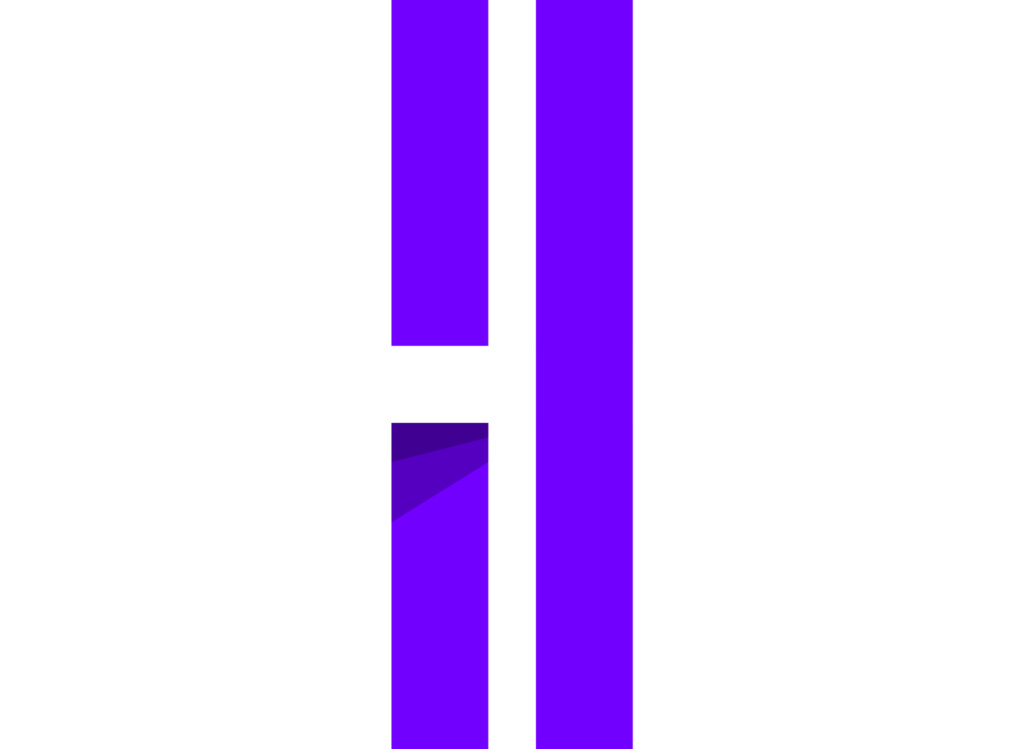The Growing Importance of AI chatbots in B2B Marketing
AI chatbots are transforming B2B marketing by delivering seamless experiences and engaging online visitors. With 85% of B2B marketers leveraging AI chatbots for demand generation, these intelligent tools are proving essential for businesses to stay competitive.
The Potential of AI chatbots for Improving User Engagement and Conversions
Implementing AI chatbots can significantly boost user engagement and conversions. By providing personalized experiences, identifying high-value visitors, and gathering data-rich leads, AI chatbots offer B2B organizations opportunities to engage customers, pre-qualify leads, and improve sales.
Exploring the Benefits and Strategies of Using AI Chatbots in a B2B Context
As AI chatbots continue to revolutionize B2B marketing, it’s crucial for businesses to understand their benefits and implement effective strategies. This blog will delve into the advantages of AI chatbots and provide practical insights for harnessing their power in B2B user engagement and conversions.
Understanding AI Chatbots and Their Role in B2B User Engagement
AI chatbots are intelligent software programs designed to simulate human conversations with users. These tools use natural language processing and machine learning algorithms to understand and respond to user queries in real-time. As the technology behind AI chatbots advances, their applications in B2B user engagement and customer interactions continue to grow.
AI chatbots play a crucial role in enhancing customer interactions, as they can provide instant and accurate responses to user queries. This level of efficiency and personalization results in improved user engagement and satisfaction.
Additionally, AI chatbots can gather valuable data about user preferences, which B2B organizations can use to tailor their offerings and marketing strategies.
Many B2B companies have recognized the potential of AI chatbots for improving user engagement and conversions. For instance, Camping World employed Watsonx Assistant to support sales and customer service teams, resulting in decreased dropped conversations and increased customer engagement. Similarly, Deltic Group, the UK’s largest operator of late-night bars and clubs, used chatbot technology to streamline the customer journey and maximize reply rates and conversion rates on messaging apps.
These examples illustrate the power of AI chatbots in transforming B2B user engagement and driving business growth.
Benefits of Using AI Chatbots for B2B User Engagement and Conversions
Integrating AI chatbots into B2B marketing strategies can provide numerous benefits, including improved lead generation and conversion rates, better understanding of audience and customer needs, personalized customer interactions, streamlined customer service, 24/7 customer support, and opportunities for upselling and cross-selling.
AI chatbots can increase lead generation volume and conversion rates, as evidenced by a study where 99% of respondents said chatbots improved their lead-to-customer or lead conversion rate. This improvement is attributed to AI chatbots’ ability to engage customers effectively, provide quick answers, and build relationships.
B2B marketers can use AI chatbots to better understand their audience, generate leads, educate prospects, and qualify leads for sales teams. By analyzing customer data and preferences, businesses can tailor their marketing strategies and offerings to better serve their customers.
Personalized customer interactions, facilitated by AI chatbots, can help businesses provide quick and accurate responses to customer queries, enhancing user engagement and satisfaction. This personalization extends to offering tailored product recommendations based on individual customer preferences.
AI chatbots can also streamline customer service by automating routine tasks, such as updating customer records and segmenting leads. This reduces the burden on human employees, allowing them to focus on more critical tasks and providing better overall service.
With their 24/7 availability, AI chatbots can offer continuous support to customers, addressing queries and concerns even outside of regular business hours. This constant support results in increased customer satisfaction and loyalty.
Finally, AI chatbots can help businesses identify opportunities for upselling and cross-selling by analyzing customer purchase data and offering personalized recommendations. This can lead to increased sales and revenue for B2B organizations.
Strategies for Harnessing AI Chatbots for B2B User Engagement and Conversions
To effectively leverage AI chatbots for user engagement and conversions, businesses should consider the following strategies:
First, integrating chatbots into websites and social media platforms can help provide instant access to support and information, increasing engagement, and reducing bounce rates. Chatbots on social media platforms can offer instant support and personalized recommendations, further driving user engagement and conversions.
Creating personalized chatbot experiences and product recommendations is essential for catering to individual customer needs. By analyzing customer data, AI chatbots can generate tailored content and offers that resonate with the target audience, leading to higher customer loyalty and conversions.
Building effective conversation flows and optimizing messages are crucial for maintaining user engagement. By designing smart goals and continuously monitoring performance, businesses can ensure that their chatbots effectively address customer queries and concerns.
Setting the right expectations for chatbot usage and capabilities is vital for managing customer interactions. Users should be informed about the chatbot’s response time and the extent of its capabilities, ensuring a seamless and satisfactory experience.
Lastly, monitoring performance and continuously improving chatbot functionality is essential for maintaining a high-quality user experience. By analyzing conversation logs and user interaction data, businesses can identify areas for improvement, optimize chatbot responses, and provide up-to-date information to users.
Best Practices for Implementing AI Chatbots in B2B Organizations
When implementing chatbots in B2B organizations, consider the following best practices to ensure a successful and effective integration:
Using visual drag-and-drop builders and no-code solutions for chatbot creation can simplify the process and make it accessible for businesses without extensive technical expertise. These tools allow for easy customization and rapid deployment of AI chatbots tailored to specific business needs.
Integrating chatbots with CRM systems and backend databases can enhance service by providing chatbots with access to relevant customer data and information. This integration enables chatbots to deliver personalized experiences and improve user engagement by offering accurate and up-to-date information.
Regularly analyzing conversation logs and user interaction data can help businesses continuously improve their chatbot’s performance. By identifying areas for improvement and optimizing chatbot responses, businesses can ensure a high-quality user experience that drives engagement and conversions.
Offering seamless transitions to human agents when necessary is vital for maintaining customer satisfaction. When a chatbot is unable to address a user’s query or concern, a smooth handover to a human agent can prevent user frustration and ensure a positive experience.
Finally, exploring affordable and feature-rich chatbot platforms, such as Chatsimple, can provide businesses with a cost-effective solution for implementing AI chatbots. These platforms offer flexibility, ease of use, and standout features that can help businesses improve conversion rates and user engagement.
By following these best practices, B2B organizations can successfully implement AI chatbots and harness their potential for driving user engagement and conversions.
Unlock the Potential of AI Chatbots for B2B Success
AI chatbots offer a powerful solution for B2B user engagement and conversions, with benefits such as improved lead generation, personalized customer interactions, and streamlined customer service. By implementing effective strategies, such as integrating chatbots into websites and social media platforms, creating personalized chatbot experiences, and continuously improving chatbot functionality, businesses can harness the potential of AI chatbots for improved customer interactions and business growth. As demonstrated by successful implementations in companies like Camping World and Deltic Group, AI chatbots can transform B2B marketing and drive positive results.
Don’t miss the opportunity to explore and implement AI chatbot solutions for your business.
- Written by: B2Better
- Posted on: October 30, 2023
- Tags: AI, Artificial intelligence, Automation, B2B marketing, B2B relationships, Chatbots, Content marketing, Customer experience, Digital tools, Lead generation, User engagement

